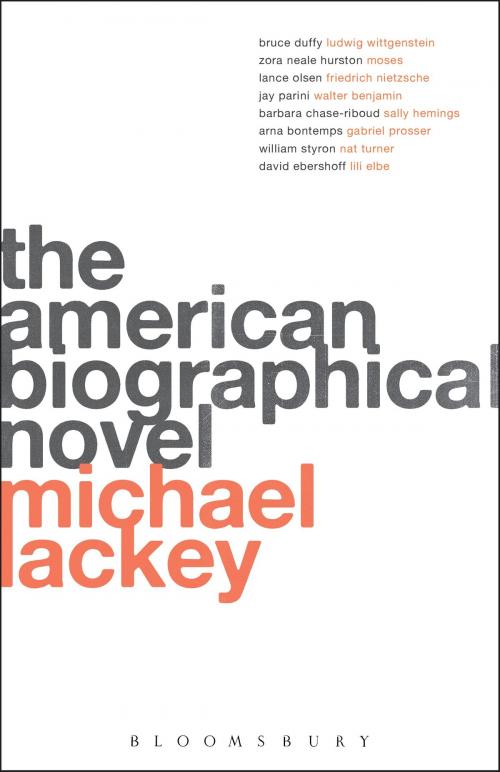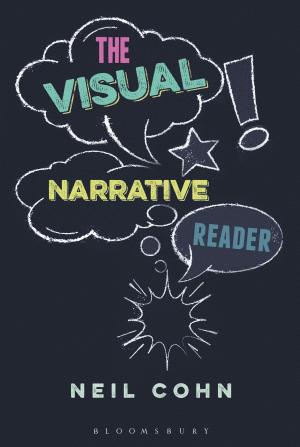| Author: | Professor Michael Lackey | ISBN: | 9781628926354 |
| Publisher: | Bloomsbury Publishing | Publication: | April 7, 2016 |
| Imprint: | Bloomsbury Academic | Language: | English |
| Author: | Professor Michael Lackey |
| ISBN: | 9781628926354 |
| Publisher: | Bloomsbury Publishing |
| Publication: | April 7, 2016 |
| Imprint: | Bloomsbury Academic |
| Language: | English |
Before the 1970s, there were only a few acclaimed biographical novels. But starting in the 1980s, there was a veritable explosion of this genre of fiction, leading to the publication of spectacular biographical novels about figures as varied as Abraham Lincoln, Ludwig Wittgenstein, Friedrich Nietzsche, Emily Dickinson, Virginia Woolf, Henry James, and Marilyn Monroe, just to mention a notable few. This publication frenzy culminated in 1999 when two biographical novels (Michael Cunningham's The Hours and Russell Banks' Cloudsplitter) were nominated for the Pulitzer Prize, and Cunningham's novel won the award. In The American Biographical Novel, Michael Lackey charts the shifts in intellectual history that made the biographical novel acceptable to the literary establishment and popular with the general reading public. More specifically, Lackey clarifies the origin and evolution of this genre of fiction, specifies the kind of 'truth' it communicates, provides a framework for identifying how this genre uniquely engages the political, and demonstrates how it gives readers new access to history.
Before the 1970s, there were only a few acclaimed biographical novels. But starting in the 1980s, there was a veritable explosion of this genre of fiction, leading to the publication of spectacular biographical novels about figures as varied as Abraham Lincoln, Ludwig Wittgenstein, Friedrich Nietzsche, Emily Dickinson, Virginia Woolf, Henry James, and Marilyn Monroe, just to mention a notable few. This publication frenzy culminated in 1999 when two biographical novels (Michael Cunningham's The Hours and Russell Banks' Cloudsplitter) were nominated for the Pulitzer Prize, and Cunningham's novel won the award. In The American Biographical Novel, Michael Lackey charts the shifts in intellectual history that made the biographical novel acceptable to the literary establishment and popular with the general reading public. More specifically, Lackey clarifies the origin and evolution of this genre of fiction, specifies the kind of 'truth' it communicates, provides a framework for identifying how this genre uniquely engages the political, and demonstrates how it gives readers new access to history.















